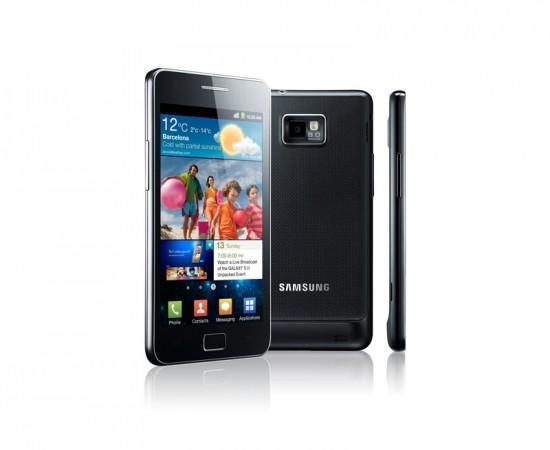
How much is too much? That seems to be a question that the higher-ups at Verizon may be faced with. To narrow it down, these folks have to be wondering how many top-tier; high-end Android-powered phones they can have at any one point in time, before the consumer starts to get a little swamped. Right now, Verizon has three 4G LTE-connected Android-powered devices, all of which aren’t slouches when it comes to the specifications department in their own right. And then we’ve got devices like the Motorola DROID 3, the HTC DROID Incredible 2 and Motorola DROID X2, that all have their own places at the top of the ladder. Verizon has a lot of phones now, and we know that the carrier has plenty of new devices coming down the pipe as well. So, how many high-end Android phones is too many high-end Android phones?
From Verizon’s perspective this has to be an easy answer. There’s no way there can actually be too many, right? The more choice you have, the better for the consumer. After all, it’s not like the other carriers are slowing down in their options for devices. But Verizon’s focused on the top-tier, the Android devices that make you look twice, maybe even three times. Even handsets like the G’zOne with Android that released earlier in the year. While it may not be the high-end device that everyone races out to get, it’s still an interesting device. Verizon’s Android position is about selling devices that stand-out and are recognizable, even if they don’t have the DROID brand name.
I’m asking the generalized question for one reason: why did Verizon turn down the Samsung Galaxy S II? When news broke two days ago that Verizon wouldn’t be carrying the prodigal device, people immediately started to disbelieve it. How could Verizon make such a move? The answer may have come in the fact that, reportedly, Verizon has another device coming down the line that actually has the same specifications as the Galaxy S II, but won’t have the same recognizable branding. Interesting. If that does pan out, that would certainly be a curious move by the carrier, especially since the device supposedly has the same specs as the Galaxy S II. Curious, to say the least.
Or maybe it’s the fact that Verizon has other high-end Android devices incoming. Specifically, we know that the Motorola DROID Bionic is on its way, and probably sooner than later. Next, we’ve got the often rumored about HTC Vigor, which recently broke cover for the camera. And, perhaps further out, there’s the Samsung Nexus Prime, which is currently swirling the rumor pool as either coming to Verizon or not. It’s anyone’s guess at this point. But, that’s just three devices right now and right off the top of my head that are coming that could very well make for some competition for a device like the Galaxy S II.
So, is that it? Does Verizon want to add a bit more calmness to the waters of the smartphone market, as it relates to their own specific market? It wouldn’t be too surprising. When you start launching high-end devices, it’s up to Verizon to decide which handset they’re going to put their marketing muscle behind. Sure, the other handsets will get some marketing, but if the DROID Bionic comes out alongside the HTC Vigor, I imagine that the Bionic would be getting the majority of the attention, simply due to the DROID brand. And there’s nothing wrong with that, the Vigor will be able to sell itself due to its rumored specifications. And that should go without saying for the Nexus Prime, if that device does indeed make an appearance on Verizon’s network.
All of these phones, and even some of the ones that we aren’t discussing here and now, are going to be strong enough to attract the attention of a customer or two, and that’s great for Verizon. But, the moment you start having too many choices, then the customer may not know which phone to get. Or, purchase a phone and feel like they made the wrong decision, return hardware and get the other phone. And, if Verizon does have another Samsung manufactured device coming that has the same specifications as the Galaxy S II, why is Verizon choosing to pass over the brand? The Galaxy S II is a remarkably popular device, even here in the States where it hasn’t launched yet. It’s certainly a strange move for Verizon to make, to say the least.